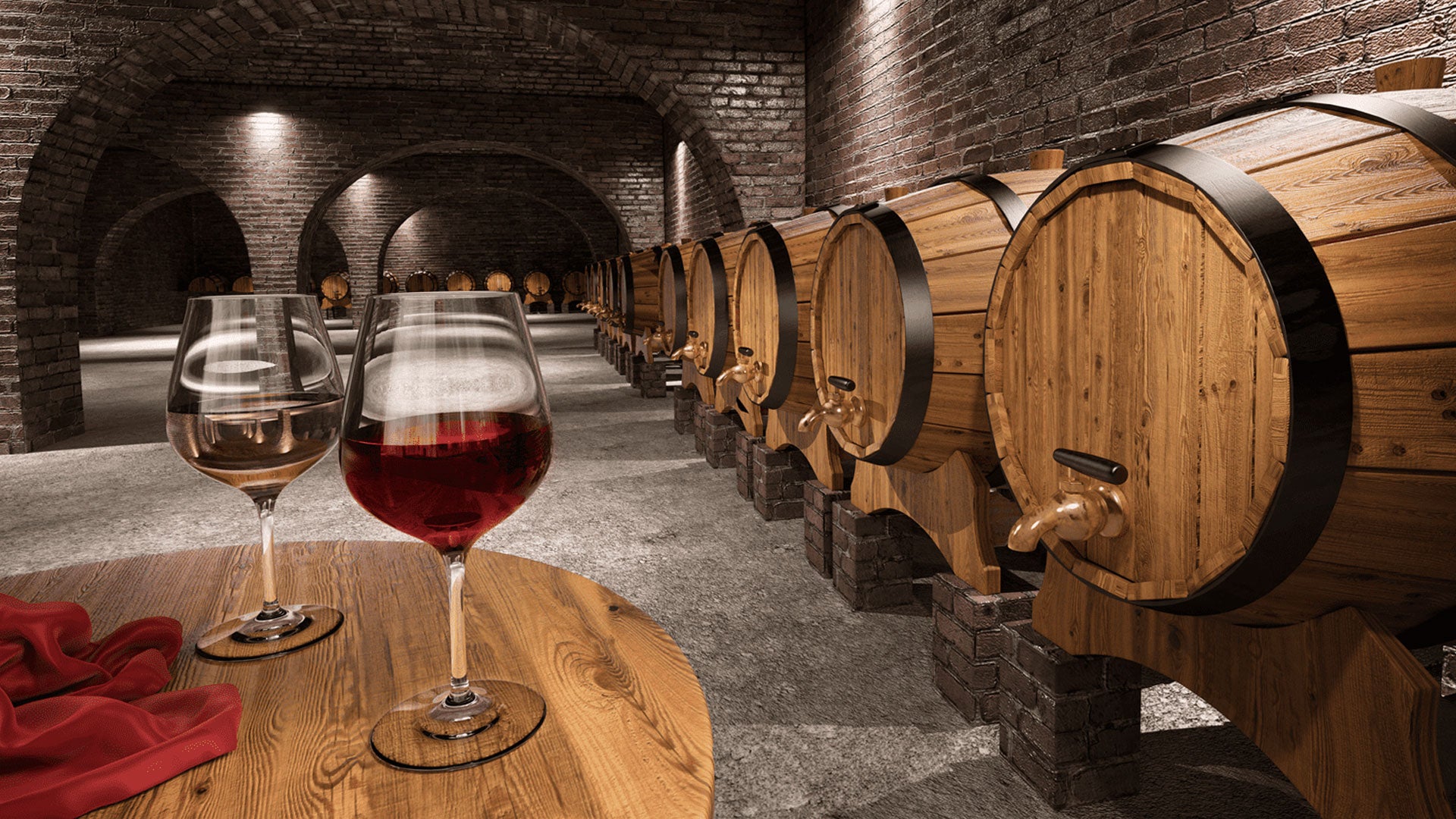Picture this: a cozy evening, good company, and a bottle of wine that has aged to perfection. There's something magical about aged wine, isn't there?
If you've ever wondered why wine gets better with time or how those enchanting flavours develop, we've got you covered.
Let's uncork the secrets of wine aging and discover how time turns ordinary wine into nectar.
What's the fuss about wine aging?
You might be wondering, why should wine be aged? Well, the answer lies in the transformation that happens within the bottle.
Like a caterpillar becoming a butterfly, wine evolves with time, undergoing a series of chemical reactions that bring out its hidden splendor.
The role of tannins and acidity
In the realm of wine aging, two key players are tannins and acidity.
When a wine is young, these components can be a bit aggressive, leading to that puckering sensation or a rough mouthfeel.
But with time, they mellow out, softening the wine and creating a harmonious balance of flavours.
This is why some young red wines might taste a bit harsh, while a well-aged red can feel like silk on your palate.
Related Article: Exploring the Art of Wine Tasting
Oxygen: friend or foe?
Now, you might think, "Isn't oxygen bad for wine? It makes it spoil, right?" Well, it's a bit of a double-edged sword.
In controlled amounts, oxygen can work wonders. When wine is stored in a bottle with a cork, tiny amounts of oxygen seep in over the years.
This minuscule level of oxidation helps wine age gracefully, unlocking new aromas and flavours that weren't present when it was first bottled.
The slow dance of flavours
As wine ages, its flavour profile undergoes a captivating transformation.
Primary fruit flavours like fresh berries or citrus mellow out and give way to more complex and delicate secondary and tertiary notes.
Imagine the difference between a youthful burst of blackberries and the nuanced dance of dried cherries, leather, tobacco, and earthiness found in a mature wine. It's like comparing a pop song to a symphony!
The power of time: short vs. long aging
How long should wines be aged? Not all wines are meant for long aging, and not all wines benefit from it.
Some wines are crafted to be enjoyed young, celebrating their vibrant fruitiness and lively character. These wines might lose their charm if aged for too long.
On the other hand, certain wines, especially those made from grapes with robust tannins and high acidity, have incredible aging potential.
These wines can age for decades, with each passing year adding a new layer of complexity and elegance.
Related Article: A Comprehensive Guide to Fortified Wine and Its Types
Does white wine benefit from aging too?
We've mainly been talking about red wines, but white wines can also benefit from aging, though the process is quite different.
Instead of tannins, it's the interplay between sugar, acidity, and phenolics that influences how white wines age.
Sweet white wines, like a luscious Sauternes, can develop even richer flavours and smoother textures over time.
The cellar's role: temperature and humidity
To age wine gracefully, it needs a proper home - a cellar. No, it doesn't have to be an underground, cavernous room.
Even a dedicated wine fridge or a wine cooler can do the trick.
The key is to maintain a consistent temperature and humidity level, protecting the wine from heat, light, and vibrations that can disturb its aging process.
Parting thoughts: savouring time in a glass
So, the next time you open a bottle of well-aged wine, take a moment to appreciate the journey it has been on.
From the vineyards to the cellar, time has been at work, turning grapes into a delectable treat.
Each sip tells a tale of patience, craftsmanship, and the beauty of nature's alchemy.
Looking for your favorite wine? Minuman.com provides the widest selection of wines. Order now and have your drinks delivered to your doorstep with fast delivery.










